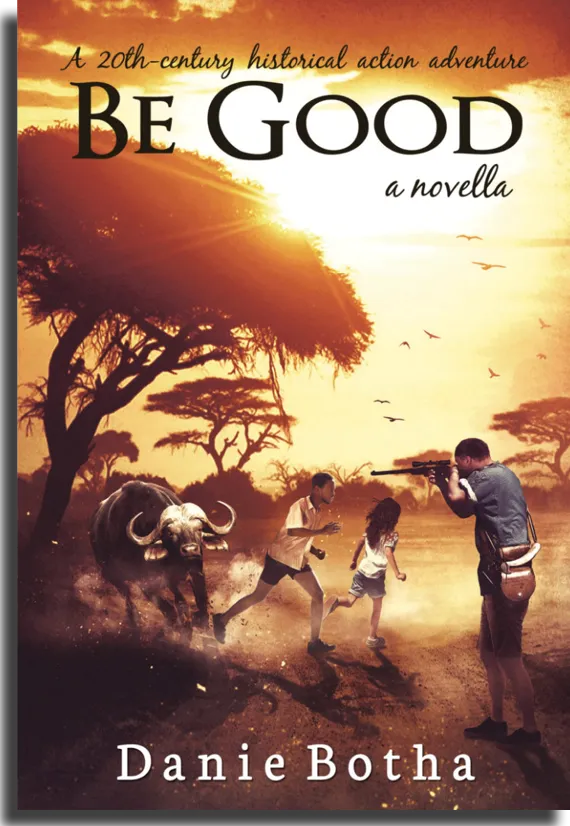Reading impacts us as readers and as writers
I don’t have time for reading.
You must have heard this one before. Many people struggle to read one book a year. I always cringe when I hear this. How can someone not love reading?
The reasons abound for not reading: Extreme poverty. Illiteracy. (Most of us have little excuse—libraries loan books for free.) Time priorities: too much screen time—social media and watching TV shows. Ignorance. Apathy. Lack of insight into the benefits of reading.
I’m also aware of individuals who read one book per day, or more—on an ongoing basis. I find it impressive, but also disconcerting. (Audiobooks have made the latter achievable.) If you read that much—when do you have time to digest what you have read and then apply it to your life and your writing? When do you have time for some (original) thought? We need quiet time every day. Of what benefit can it be to you or your circle you live in? There’s an inherent risk here. Making wine, good wine, requires knowledge, experience, patience, and practice, but also time.
I think, reading one to two books a week is ample—especially when you diversify what you read and also change how you read.
There is another way of reading. Of reading better, of reading deeper. Francine Prose, for one, calls it, “close reading for writers.” Much of the art of storytelling is developed during childhood by parents, family members, a grandparent, a friend, a mentor, who, without setting out to do so, instill in us the joy of listening to stories, of reading, and then one day, telling and writing our own stories.
Part of it is art, part of it is a craft, which can be learned, honed and mastered, but requires of us to remain students for life—always growing and maturing as writers and as storytellers.
Close reading is a thoughtful, critical analysis of writing, of text. It is observing the facts and details of the text, then interpreting the observations. (Keep in mind there’s a difference between reading nonfiction, academic papers, and fiction.)
CLOSE READING makes sense. It will do the following for you:
1 | Make you a better reader.
- It will reward you with more. Open your reading eyes.
- Make you a more satisfied reader—discover beauty you’ve missed in the past.
- Appreciate the writing more. Understand the author better.
- Find more value in the writing. It’s like adding sound to silent movies. It’s like adding color to a black-and-white film.
2 | Help you write in the first place.
- We improve as writers through writing.
- But equally important to writing is becoming prolific readers.
- The more you read the less likely you will make a fool of yourself with your pen or word processor. (S.King)
- Through reading and rereading outstanding work, you will get an understanding of how it was done. And then, in your own unique way, apply it to your writing.
3 | Help you grow into a stronger and more articulate writer.
- If you want to take “close reading” a step further, read the writing (a masterpiece) in the original language, using a dictionary. This will compel you to read word by word.
- Some writers don’t read while working on a book of their own for fear of being influenced by the masters: e.g. Hemingway, Chekov, Lewis or McCourt. Rather, grasp the opportunity to be influenced—if that will transcend and impact your own writing!
- Perhaps the time has come for writers’ conventions to not only have classes in the art of writing, but also in how to become better readers!
How to READ CLOSE: (Yes, even fiction!)
1 | Write with a pencil in hand.
- Don’t worry, you won’t start hating reading. Your enjoyment will deepen.
- What about paperless readers? (eReaders or other devices) Sorry, use a notebook. Nothing beats good old pen & paper
- Annotate: underline key words and phrases
- Look for patterns: particular language, repetitions, alliteration
- Ask questions: how & why? What is the meaning?
2 | Read paragraph by paragraph
- Read intentionally.
- Reread outstanding paragraphs.
- Read word for word.
- Read sentence for sentence.
- Then linger at every phrase, every image. How did the author do it? Why did it work?
- How did it contribute to the story as a whole?
3 | Read with a dictionary.
- That’s heresy you say! Just try it: read a masterpiece in the original language—it forces you to go slow—read word by word. It will open up vast understanding. You will gain insight of language, art form, a culture, and in the process grow.
- You will expand your vocabulary.
- You are guaranteed to write with more depth following such an exercise.
Whether you write fiction or nonfiction, learning to CLOSE READ, will be of benefit.
Whether you write exclusively nonfiction, reading a diverse collection of fiction will teach you how to improve your narrative voice and skills.
Whether you write exclusively Christian fiction or Christian inspirational books and articles, reading wider, and also closer, will enrich your literary skills and help you grow as a writer. It is not wasting time.
Make time for reading. Read fiction and nonfiction. Learn how the close read. Grow as a reader, and above all, grow as a writer and surprise your faithful readers even more!
How about you?
What is your experience with “close reading?” What are you reading at the moment?
Thank you for reading! Want more? Take a look at some of my very short works here!
References:
- Francine Prose. Reading like a writer. A guide for people who love books and for those who want to write them. Harper Perennial. 2006.
- Patricia Kain. How to do a close reading. Harvard College Writing Centre.
- Stephen King. On Writing. Pocket Books. 2000.
- Beth Burke. A close look at close reading.
© 2017 DanieBotha.com. All rights reserved.
Image by Ben White at unsplash.com


